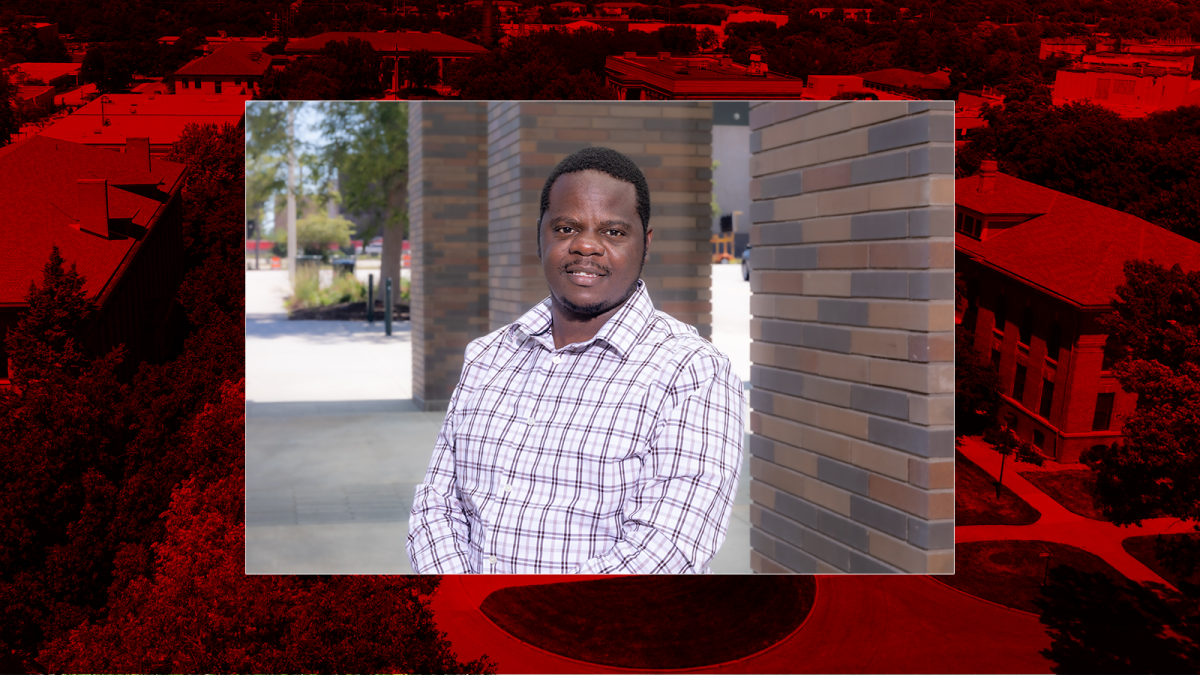
What is your position at the University of Nebraska-Lincoln?
I am an irrigation management specialist in the department of Biological Systems Engineering, stationed at the West Central Research, Extension and Education Center with research and extension appointments. My program is focused on exploring ways to assist producers to improve their irrigation management strategies through providing science-based and evidence-based information on technology use and best management practices. The goal is to support stakeholders to optimize irrigation water applications to increase irrigation efficiency, productivity and profitability while safeguarding the Ogallala aquifer’s groundwater quality and quantity.
What drew you to the University of Nebraska-Lincoln?
The University of Nebraska- Lincoln is the perfect environment to exercise my professional skills and pursue career goals because of its rich resources including facilities, faculty, staff, and students as well as the University’s commitment to stakeholder engagement and sustainable impact. Nebraska is the right place to grow my irrigation career through collaboration with stakeholders who work jointly with the university to solve water conservation problems. Nebraska is also undoubtedly one of the US states with the largest irrigated acres which are managed by producers with state-of-the-art technology. So, I have the chance to provide my technical expertise to producers and learn from them how to manage available water resources using advanced and emerging irrigation technology. I am also interested in research that can be translated to the end user which is very possible with Nebraska Extension since it has already established producer networks which I can leverage as channels to deliver valuable information on best irrigation management practices from my extension programming.
What aspect of working in an educational setting do you enjoy the most?
The education setting allows me to participate in research projects which address the needs of our clientele through different engagements such as conducting on-farm trials. I am very driven by the fact that our growers desire to optimize production while being profitable and sustainable thus my program advocates for adoption of irrigation management technology for producers to know when and how much water without wasting water and over pumping. I gain fulfillment in the realization that the science developed is appreciated by the stakeholders and that evidence-based findings are being used as recommendations to protect the aquifer from nitrates and overdraft
What do you consider your greatest achievement?
My greatest achievement is witnessing the appreciation from the people I am serving in addition to the positive feedback about the information shared with stakeholders at meetings or extension events. Additionally, observing the growth of my students in developing research ideas and implementing them until to the fruition through my dedicated mentorship and creating an enabling environment for their success.
What is something that most people don't know about you?
I have been an artist since childhood, and I love to tell stories through art by sketching and painting different objects including still life, nature, and human subjects. I have always loved art, which prompted me to take it as a subject during high school and surprisingly I was among the best students across the whole nation.
What is your life like outside of work?
One of my hobbies in my free time and outside work is watching and playing soccer. My favorite league is UK’s premier league, and I am a Manchester United supporter. In addition, I love taking time off work to explore different destinations around the US as well as connecting with my family at home in Uganda.